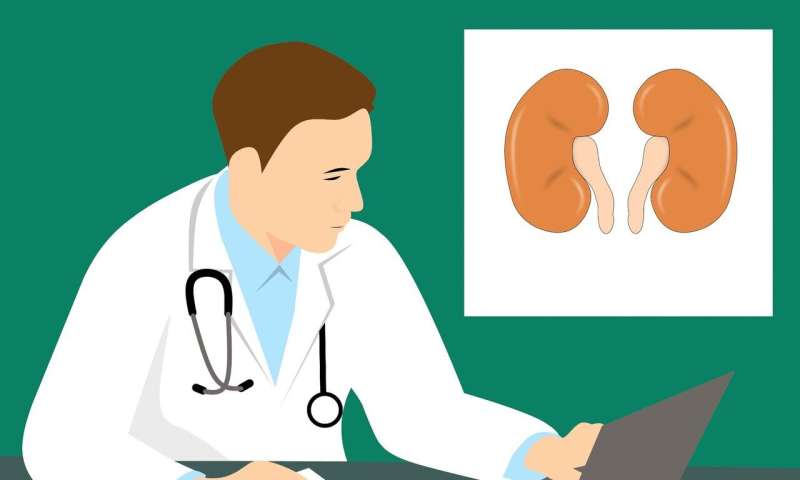
A new study has uncovered inequities in access to kidney transplantation in the UK despite its universal healthcare system. The findings appear in an upcoming issue of CJASN.
Kidney transplantation is the optimal treatment for patients with kidney failure, and it’s important that patients have equal access to transplantation regardless of their geographical location, ethnicity, and socioeconomic status. Studies have revealed that although the UK has a universal healthcare system, ethnic minorities and individuals from lower socioeconomic groups have lower access to transplantation.
To examine whether practices by kidney centers play a role in this disparity, Rishi Pruthi, Ph.D. (Guys and St. Thomas’ NHS Trust, in London) and his colleagues analyzed prospective data on patients with kidney failure seen at 71 kidney centers in the UK between November 2011 and Mach 2013.
Of 2,676 patients with newly diagnosed kidney failure, 26% were put on transplant waiting list before starting dialysis, and 30% of patients who started dialysis were listed with 2 years of initiating treatment. Patient factors including older age, additional illnesses, obesity, and lower socioeconomic status were associated with a lower likelihood of being listed and accounted for much of the observed variations between centers. Ethnic minority associations were inconsistent, and reduced access was only seen for waitlisting before starting dialysis.
Kidney center factors were less important than patient factors, although being registered at a transplanting-center and having a universal approach to discussing transplantation were associated with higher rates of listing before patients started dialysis, and using a written wait-listing protocol was negatively associated with listing within 2 years of starting dialysis.
“Further research is needed to understand the causal pathways between socioeconomic status and listing for transplantation, including the role of health literacy in influencing access to transplantation,” said Dr. Pruthi.
Source: Read Full Article
